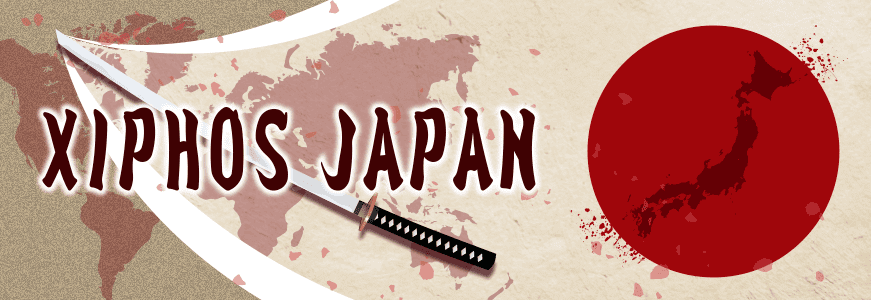 The other day, the Tokyo Olympics were held after being postponed for a year without waiting for the end of the coronavirus.
The other day, the Tokyo Olympics were held after being postponed for a year without waiting for the end of the coronavirus.
There were both pros and cons, and I think it was an Olympics that will be remembered for many years to come, but in my personal opinion, I am glad that it was held.
In addition, the event was basically held without spectators, but we are holding high school baseball games and other large-scale events, so we think it would have been better to hold the event with spectators, despite the high risk of infection.
Brisbane, the third largest city in Australia, will host the Olympic Games in 2032, following Sydney in 2000.
It is hard to imagine that this coronavirus will still be spreading 10 years from now, but we cannot deny the possibility that another virus will spread and cause havoc around the world.
Although Australians are excited about the Olympics, we need to be aware that we are not a stranger to this disease.
Australia in turmoil as coronavirus spreads again
Coronaviruses can be broadly classified as colds, so it is quite normal for them to be prevalent during the colder and drier months.
Since Australia is in the southern hemisphere, it is now winter. It is also the time of year when colds and flu spread, and corona is very prevalent.
The Australian government still prohibits foreigners from entering the country in principle, and even if you are a citizen, you must be quarantined for two weeks in a designated government facility.
As a side note, not only did they mandate a two-week quarantine for athletes returning from the recent Tokyo Olympics, but South Australia has also announced that athletes returning via NSW will be quarantined for another two weeks.
South Australia has also announced that athletes returning via NSW will be quarantined for an additional two weeks, for a total of four weeks.
It is common for Olympic athletes to return to their home countries to participate in local mass media and ceremonies to celebrate their achievements, but this has been postponed for quite some time, and although some people are saying that this is as far as it should go, it is commendable that no exceptions are made to prevent the spread of the disease.
With the spread of the disease still unabated, the government has designated the worst affected areas as contaminated areas and has enacted a law that prohibits people from going outside within a radius of five kilometers from their homes, with a few exceptions such as medical personnel.
Also, instead of vague requests and demands as in Japan, it has been decided to make it compulsory and individuals who do not wear masks will be fined $500 and companies will be fined $1,000.
Other fines for violations of going out. Companies will also be fined if they force their employees to go to work. QR check-in will be mandatory when entering supermarkets, restaurants, etc.
Fines of $5,000 for companies and $1,000 for individuals will be imposed for violations.
There have been demonstrations and protests against this decision, and clashes with the military and police have resulted in injuries and arrests.
Although this is an inevitable way to contain the coronavirus, the economy has been damaged in inverse proportion.
The Australian economy is expected to cool down again due to a series of stricter penalties and punishments related to the prevention of the spread of the coronavirus.
In fact, unemployment is rising, rental rates are falling, and more people are looking to sell their properties than buy them.
The Australian government, like the Japanese government, is faced with the difficult task of preventing the spread of the coronavirus and controlling the economy.







